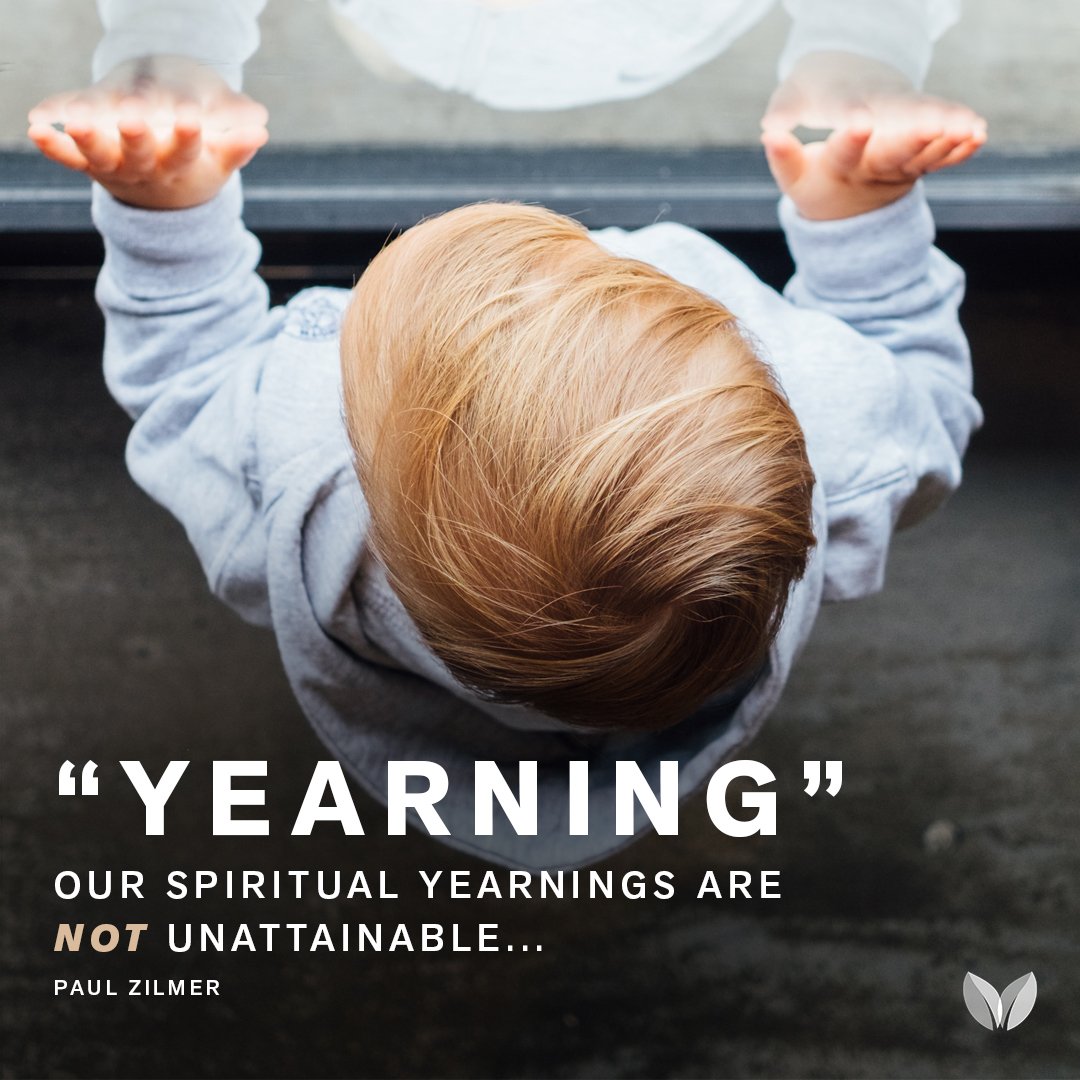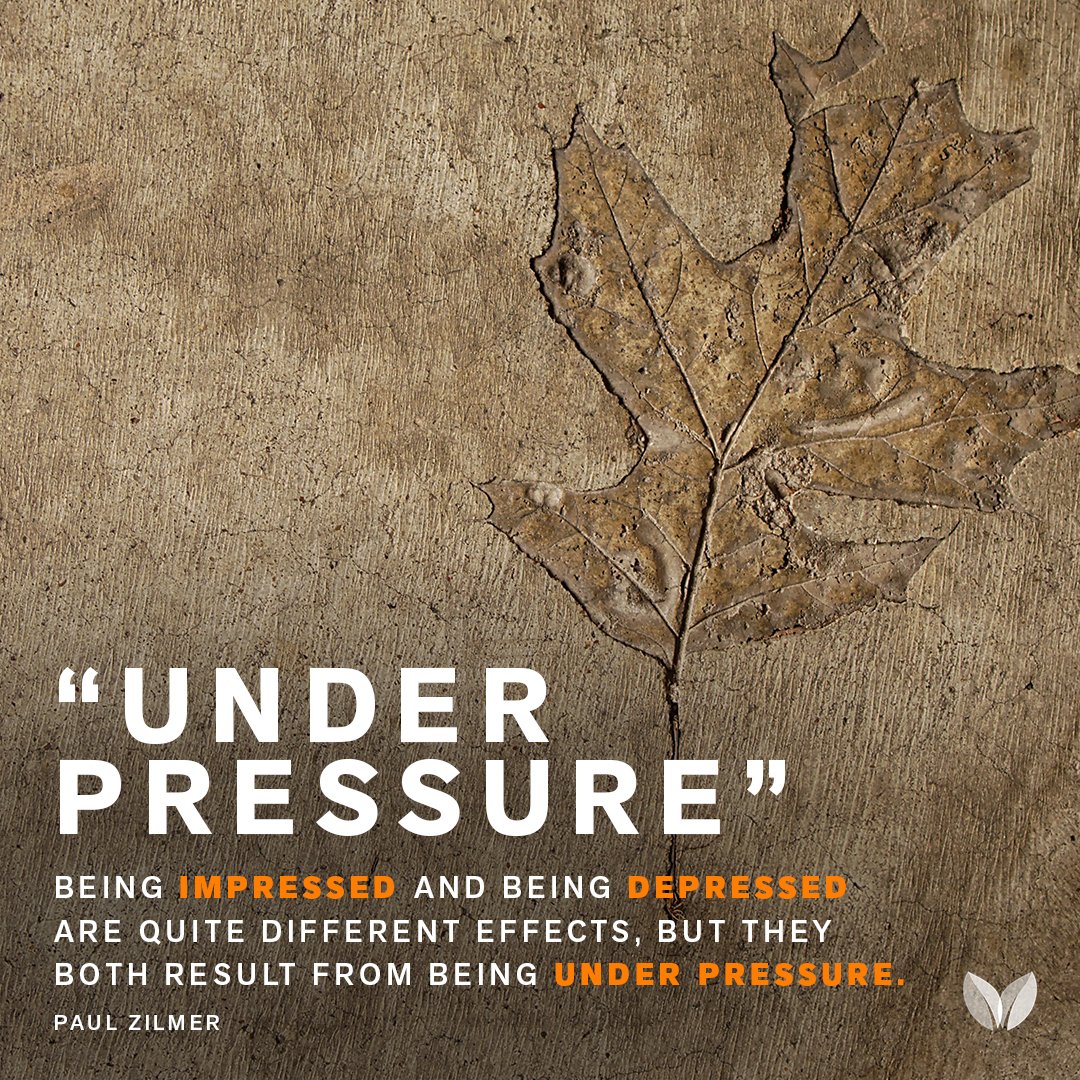WCF Blog

Trouble
We’ve just past the two-year anniversary of people in Wuhan experiencing a type of pneumonia not seen before, and soon we’ll pass the milestone for the identification of a new coronavirus. We know what came next: the disease quickly spreading, and before we knew it, a pandemic affecting every corner of the globe. So much disruption, so much sickness, so many families grieving for loved ones lost.

Frustration
We are made in the image (or likeness) of God (Genesis 1:26-28, 5:1-2). What does that mean? Since “God” comes from the Hebrew elohim, which also sometimes refers to angels, it is often taken to mean that we were made to look like angels. And indeed, a number of times, we’re told that angels looked just like men.

Stephen and Philip
When it became clear the church needed some administrative structure, the apostles suggested one, and the members chose seven capable brothers to take care of day-to-day matters (Acts 6:1-6). Their formal duties didn’t stop them, though, from continuing to be preachers—Stephen and Philip in particular remained very active (6:8-10, 8:4-5).

As Yourself
I bet your mind correctly went to the Second Great Commandment when you saw the subject line: “You shall love your neighbor as yourself.” But—I know you’ve thought about this—what if you don’t especially love yourself? I suggest that for most of us, most of the time, the person at the center of our life is…me! We care about and take care of our health, appearance, recognition, possessions, reputation, comfort, on and on.

Hallel
It’s fairly well known that Psalms 113 through 118 are collectively known as “the Hallel”, and that traditionally it is sung or recited at Passover. “Hallel” is the Hebrew word for “praise”. You’ll recognize it in the word “hallelujah”, which means “praise the LORD” or “praise to Yah” (Yah being the short form of the memorial Name, YHWH).

Authority
We’ve read the story many times, and heard it expanded on. We could probably give a pretty close paraphrase of it without looking it up. But let’s go ahead and look it up now – it’s in Luke 7:1-10, the account of the Roman centurion who asks Jesus to heal a very sick servant, one he cares about deeply.

Begotten today
You’ve read it many times, right? Psalm 2, one of the great prophecies of God’s Kingdom to be established on the earth, ruled over by God’s Anointed. Referring to the Anointed, we read, “I will tell of the decree: The LORD said to me, “You are my Son; today I have begotten you. (Psalm 2:7) But when exactly is “today”? When did the Almighty say this? Well, it turns out it was a whole bunch of times!

Unresolved
The vast majority of the parables Jesus told arrive somewhere – that is, they have an ending, we know how they turn out. We know what results from the good seed being sowed on various soils. We know the outcome for each of the 10 virgins. The treasure in the field and the precious pearl are found and obtained. The parables pack a punch precisely because of how they end.

Dear Brothers and Sisters
Paul kicks off his letter to the church in Colossae the way he always does. He addresses his recipients as “saints”, calls them “faithful”, calls them “brothers and sisters in Christ”. But there’s an odd thing: he had never been to Colossae, and had never met most of them.

Eyewitnesses
The apostles were insistent that their message wasn’t fabricated, that it was backed up by the testimony of eyewitnesses. Peter says it plainly: “For we did not follow cleverly devised myths when we made known to you the power and coming of our Lord Jesus Christ, but we were eyewitnesses of his majesty.” (2 Peter 1:16) He is referring specifically to what he, James and John had witnessed at the transfiguration, and then he broadens it to apply to all the prophets who spoke under inspiration.

Living to see it
Abraham lived to see the promised son born (Genesis 17:15-19). But he didn’t live to see his offspring grow into a nation (Gen 12:2), or inherit the land promised (Gen 12:7), or see the singular seed arise who would possess the gate of his enemy (Gen 22:17).


Under pressure
When we say, “I’m impressed,” we generally mean that something has aroused admiration in us. The literal meaning of impressed, though, is “pressed into”, to be stamped or imprinted.

Harvest
The harvest is well underway here in central Illinois. Every year, this season brings a reminder of the wide-ranging Biblical lessons related to harvest. Most of us are so far removed from growing our own food that we may perhaps forget that our lives literally depend on the harvest, and therefore perhaps forget the equally life-or-death power of the spiritual harvest.

Windy day
It’s windy today, where I live. (Not damaging windy, just breezy.) It made me think about what Jesus says to Nicodemus: “The wind blows where it wishes, and you hear its sound, but you do not know where it comes from or where it goes. So it is with everyone who is born of the Spirit.” (John 3:8)

What could go wrong?
“What could go wrong?” You would never say that, right? Are you really sure? Because we humans do it a lot, even if not in those exact words. In fact if we voiced the words we might do better, because there is always something that can go wrong, and we know it.

Memorabilia
I’ve never been a collector of memorabilia. That’s been my wife’s department. Knickknacks have always just seemed like things that making dusting difficult. More recently, though, I’ve come to better appreciate that the small objects she has placed around our home are not mere bric-a-brac. They are mementos—things that trigger memories, specifically happy memories. I suppose my improved appreciation is because my memory is noticeably weaker. The triggers are nice to have around.

Where We're Going
“There is no work, planning, knowledge, or skill in the grave where you’re going.” (Ecclesiastes 9:10) There’s a terrible certainty in this statement. It’s not a warning of what might happen. It is what will happen, whoever you are, whatever you’ve done. You are going there. No one evades it. Even Jesus, the perfect man, could not.

Disappointment
As I write this, I’m thinking all of us are feeling disappointed. The virus that’s plagued us is bouncing back as strong as ever. Restrictions we thought were behind us are returning. Some have experienced terrible physical effects of the virus. All of us have been affected emotionally, and for many it has had spiritual effects. Disappointment can worsen into discouragement, and I have to say I’m feeling some of it. Discouragement, we know, has the potential to sink further, into despair.

Good
“No one does good. Not even one!” In Romans 3:10-18 the apostle Paul quotes from a series of six Psalms, a Proverb, and Isaiah, all making this same point. There is no one who is righteous. All turn aside. Why say it so many times? Maybe so it will actually penetrate. Because, face it, we like to think of ourselves as “basically good” people.

